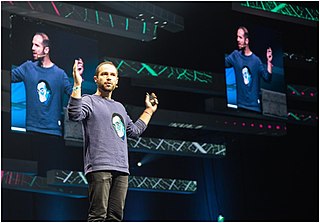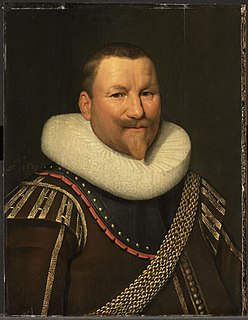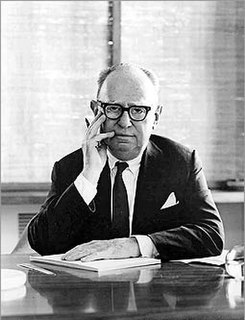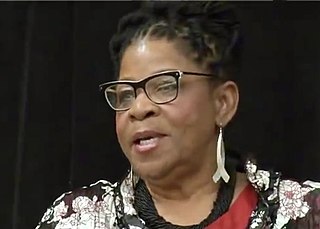A Quote by Neal Shusterman
Cities are never random. No matter how chaotic they might seem, everything about them grows out of a need to solve a problem. In fact, a city is nothing more than a solution to a problem, that in turn creates more problems that need more solutions, until towers rise, roads widen, bridges are built, and millions of people are caught up in a mad race to feed the problem-solving, problem-creating frenzy.
Quote Topics
About
Bridges
Built
Caught
Caught Up
Chaotic
Cities
City
Creates
Creating
Everything
Fact
Feed
Frenzy
Grows
How
In Fact
Mad
Matter
Might
Millions
Millions Of People
More
Need
Never
Nothing
Out
People
Problem
Problem-Solving
Problems
Race
Random
Rise
Roads
Seem
Solution
Solution To A Problem
Solutions
Solve
Solving
Than
Them
Towers
Turn
Until
Up
Related Quotes
When you start a company, it's more an art than a science because it's totally unknown. Instead of solving high-profile problems, try to solve something that's deeply personal to you. Ideally, if you're an ordinary person and you've just solved your problem, you might have solved the problem for millions of people.
The problem is not gun possession; the problem is manufacturing guns - who's making these guns and how they gettin' out on the street? There shouldn't even be guns for us to possess. If there wasn't any, then it wouldn't be a problem. So we need to go to the source of the problem. They're making all these wars so they can make more weapons and sell them, and they wanna kill more people - they need population control,'cause people have to die in order for this world to continue. That's the government's goal right now.
Just like Pharaoh couldn't get a solution to his problem until he talked to Moses, or Nebuchadnezzar or Belshazzar couldn't get a solution to his problem until he talked to Daniel, the white man in America today will never understand the race problem or come anywhere near getting a solution to the race problem until he talks to The Honorable Elijah Muhammad.
We are more than our problems. Even if our problem is our own behavior, the problem is not who we are-it's what we did. It's okay to have problems. It's okay to talk about problems-at appropriate times, and with safe people. It's okay to solve problems. And we're okay, even when we have, or someone we love has a problem. We don't have to forfeit our personal power or our self-esteem. We have solved exactly the problems we've needed to solve to become who we are.
The most dangerous thing that can happen to us, I think, is to permit a feeling to develop that any client is a problem. I have always taken the attitude that no account is a 'problem account' but that all accounts have important problems attached to them - that you can waste more time and burn up more nervous energy by fighting a problem than by taking a positive attitude and solving it. It sure gives you a nice, warm glow when you do.
Solving the population problem is not going to solve the problems of racism, of sexism, of religious intolerance, of war, of gross economic inequality. But if you don't solve the population problem, you're not going to solve any of those problems. Whatever problem you're interested in, you're not going to solve it unless you also solve the population problem. Whatever your cause, it's a lost cause without population control.
It has to be about more than punishment. We need to rehabilitate people. We lock up far too many people in America today. We lock them up as if locking them up is gonna solve the problem. And locking them up does not solve the problem. Did locking me up make me better? No, it did not. It made my struggle harder.
Abraham Maslow taught me, that when you're working with a patient, never let them spend more than a few moments on the problem, because what you think about is what expands, and if they're talking about the problem all the time, when they leave your session, the problem will expand. Get 'em to put their attention on what they intend to create, or on solutions.


































